Day of the Girl | Empowered Girls Strengthen Communities
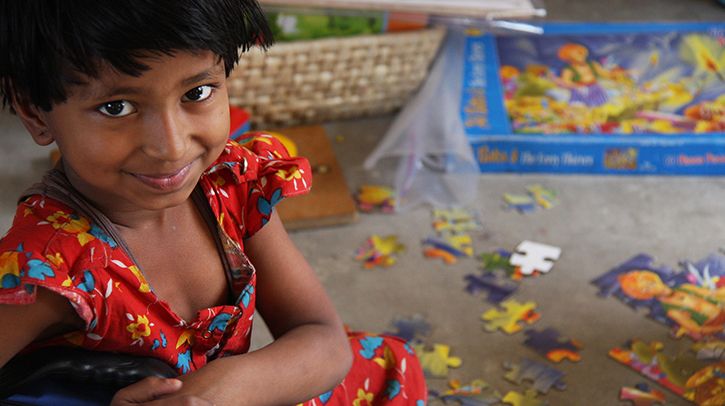
For years, I have had the pleasure of working with different groups of teenage girls in my hometown of Brooklyn, NY. Each girl has had similar experiences growing up in a big city like New York and they come from different social, economic and cultural backgrounds. Some of my girls were members of my congregation, who confided to me the struggle with balancing the standards of their religious upbringing and still trying to “fit in” with their friends at school. Some of my girls were part of a girls mentoring program that I volunteered with for the last three years. They struggled with living in New York’s roughest and most impoverished neighborhoods and everything that goes along with it.
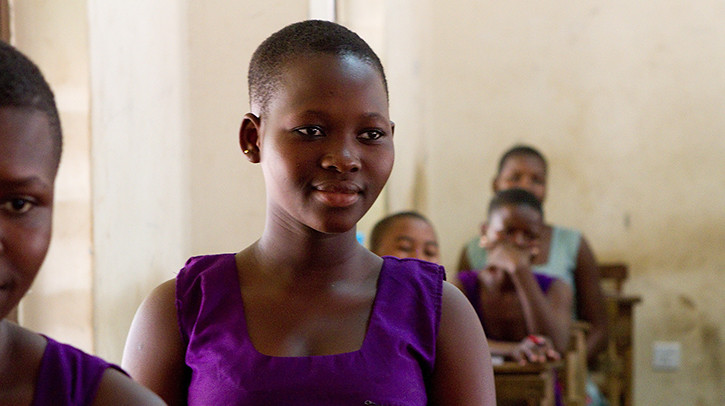
It is easy to believe that a girl in Brooklyn, NY may have nothing in common with a girl in Accra, Ghana or a girl in New Delhi, India. However, the truth is, girls all around the world share similar types of growing pains. Some of these similarities are physical changes that every teenage girl goes through and the insecurities that go along with it. Some are cultural and societal ideals that have shaped their views of themselves and how society views them. In many cases, these girls lack the outlets and opportunities of empowerment in their communities.
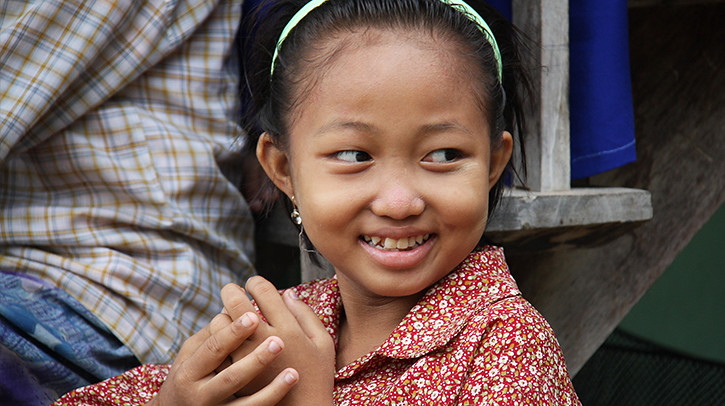
In many countries around the world including the United States, not experiencing a nurturing early childhood and living with a pervasive presence of Gender Based Violence (GVB) in households can have a long and devastating impact on children, especially girls.
Perhaps, if we looked at the development of girls through the lens of enriching their lives on multiple levels, girls everywhere would flourish in ways beyond their (and our) expectations. In my experience, whether it’s in our programs around the world or right here in New York City, it’s clear that when girls lack vehicles of empowerment, representation and resources, their potential diminishes.
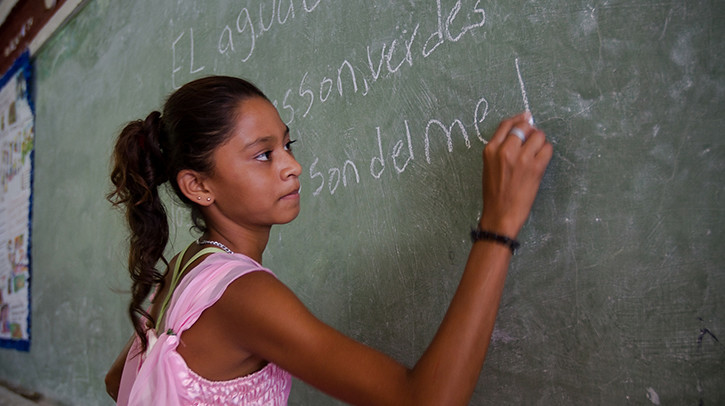
Episcopal Relief & Development partners with communities to reverse the damage caused by gender inequality and gender-based violence. We work to restore the health, dignity and livelihoods of women and girls by keeping gender at the heart of development. In the Microfinance savings group programs in places like Honduras, Liberia and Mexico, women earn an income and are able to put money aside for their children’s school fees. For many young girls, this is the first opportunity they’ve had to go to school. In the Gender-Based Violence program, faith and community leaders are leading the charge to change the narrative around how women and girls are valued and perceived. In the Integrated Early Childhood Development program in Kenya, women who are HIV-positive are able to get the treatment they need and their children are able to attend school at development centers simultaneously. 30 schools within the Integrated Early Childhood Development program in Liberia have youth-led gender-based violence campaigns and committees.
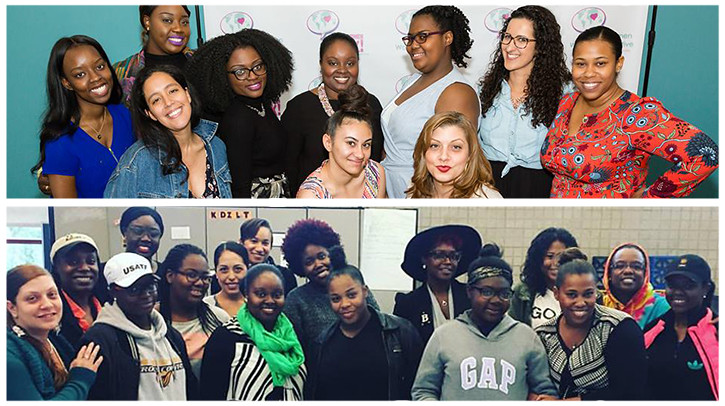
By opening up conversations about how women and girls are perceived and providing opportunities for growth, we are giving girls the tools to succeed and the chance to build skills for a brighter future. I’ve witnessed how this can lead to the personal growth, sense of self and a more hopeful outlook on life.
The truth is if we support the growth and dignity of girls, we allow them to bloom into their own power which in turn strengthens their family and community. Her view of the world and herself are transformed.
Watch this video from UN Women that highlights the uncertainties that women and girls around the world face on a daily basis. We are committed to keeping gender equality and women and girls empowerment at the center of development.
Join the conversation around #DayoftheGirl!

Jessica A. Forrester is an Engagement Associate at Episcopal Relief & Development.
Images: A young girl takes a break from working on puzzle; Middle 1— A student in Ghana; Middle 2 — A smiling girl from Myanmar; Middle 3 — A young girl writes on chalkboard in Nicaragua; Middle 4 — Jessica and the girls she mentors in Brooklyn; Video — UN Women.


